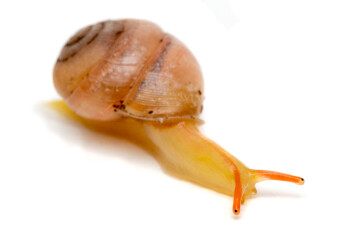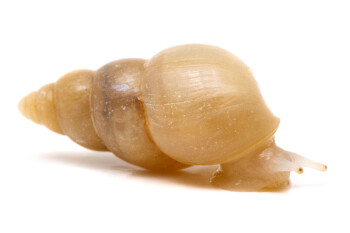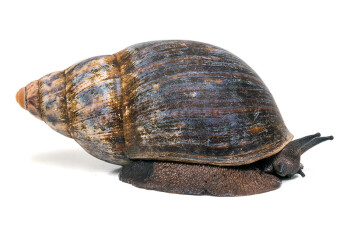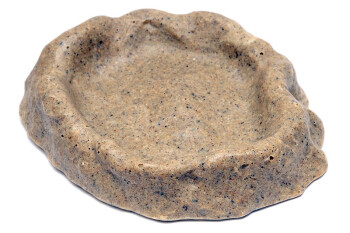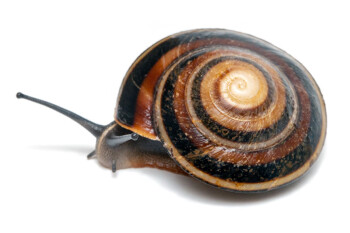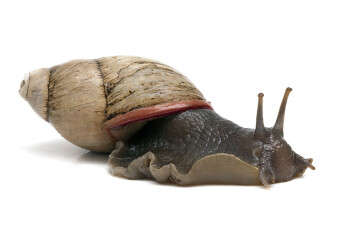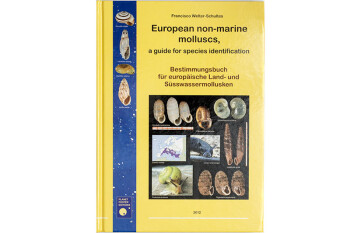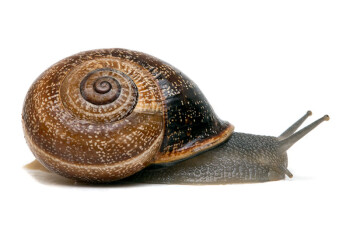- For sale
-
Gallery
- Achatinidae
- Acavidae
- Ariophantidae
- Bradybaenidae
- Bulimulidae
- Camaenidae
- Clausiliidae
- Cyclophoridae
- Discidae
- Dyakiidae
- Ellobiidae
- Helicarionidae
- Helicidae
- Helminthoglyptidae
- Chronidae
- Orthalicidae
- Pomatiidae
- Pupinidae
- Streptaxidae
- Strophocheilidae
- Subulinidae
- Succineidae
- Veronicellidae
- Cambalopsidae
- Harpagophoridae
- Oxydesmidae
- Pachybolidae
- Paradoxosomatidae
- Polydesmidae
- Pseudospirobolellidae
- Rhinocricidae
- Spirobolidae
- Spirostreptidae
- Zephroniidae
- Emydidae
- Geoemydidae
- Chelidae
- Chelydridae
- Kinosternidae
- Pelomedusidae
- Podocnemididae
- Testudinidae
- Agamidae
- Diplodactylidae
- Gekkonidae
- Iguanidae
- Mabuyidae
- Scincidae
- Xantusiidae
- Scarabaeidae
- Boidae
- Armadillidiidae
- Porcellionidae
- Blaberidae
- Ectobiidae
- Salticidae
- Theraphosidae
- Gryllidae
- Scorpionidae
- Phrynichidae
- Expeditions
- Manuals
- General
International shipping of live animals is temporarily unavailable due to low temperatures. We expect to resume in March or April. Personal pickup is still possible.
New species Gonaxis sp. Nigeria in collection
2020-08-06
A small carnivorous species of land snail with beautiful coloured tentacles. They didn´t accept any food for now (I have them only for two days). Imported adults are already for sale HERE.New species Leptinaria sp. in collection
2020-07-04
Interesting smaller species from family Subulinidae. In contrast to species from genus Subulina and Paropeas, this snail is not so elongated and it looks bigger as a result. It is easy to keep and breed in captivity. Captive-bred babies are already for sale HERE.New population form of Archachatina marginata ovum Nigeria XXL in collection
2020-06-11
Special population form of this species that can grow to huge size same as the biggest Achatina achatina snails. Normal form of Archachatina marginata ovum grows usually to 15 cm but this XXL form can grow up to 20 cm. Captive-bred babies are already for sale HERE.New bowls for sale
2020-06-08
I added new plastic bowls of diverse sizes and shapes. You can check all bowls (new ones are at the end) HERE.Rarity! Sinistral snail of the species Caracolus sagemon Gran Piedra, Santiago de Cuba, Cuba lowland form
2020-05-22
You cannot find this very often. Most of the snail´s species have dextral (it turns to the right) shell and specimen with sinistral (it turns to the left) shell is very rare. We can find also species with natural sinistral shells or species where both dextral and sinistral forms are occurring with equal probability. But as I know in species from genus Caracolus and Pleurodonte it is not the case and they are all naturally dextral. I keep species of Caracolus and Pleurodonte for more than 10 years and I bred a lot of babies from them, and I never saw a sinistral snail. And now I bred one:-) You can check more photos of dextral, sinistral and comparison of both forms HERE.Photos of the species Megalobulimus oblongus haemastomus Uruguay
2020-05-18
I am just adding photos of this beautiful species into the gallery. Snails of genus Megalobulimus and Strophocheilus (Giant South American Snails) are very similar to Achatina species (Giant African Snails) and some species can grow to pretty big sizes. They are interesting for their "mustache". They have not one pair of tentacles on the bottom of the head, but the whole cluster of them. You can check more photos of adults and even babies HERE.The book European non-marine molluscs, a guide for species identification is for sale
2020-05-16
The book presents all European species of molluscs, which are about 2090 snails and 53 mussels. So you will find 2150 species descriptions with 2150 distribution maps and 1600 coloured photos. You can buy the book HERE.New species Otala punctata Montserrat, Spain in collection
2020-05-15
A bigger and more colourful member of the genus Otala. More common species Otala lactea is smaller and less colourful. I have only several adults in my collection now and I am hoping to breed them soon. You can see more photos of this beautiful European snail HERE.© 2026 Tomáš Protiva - Landsnails.org. All rights reserved.

